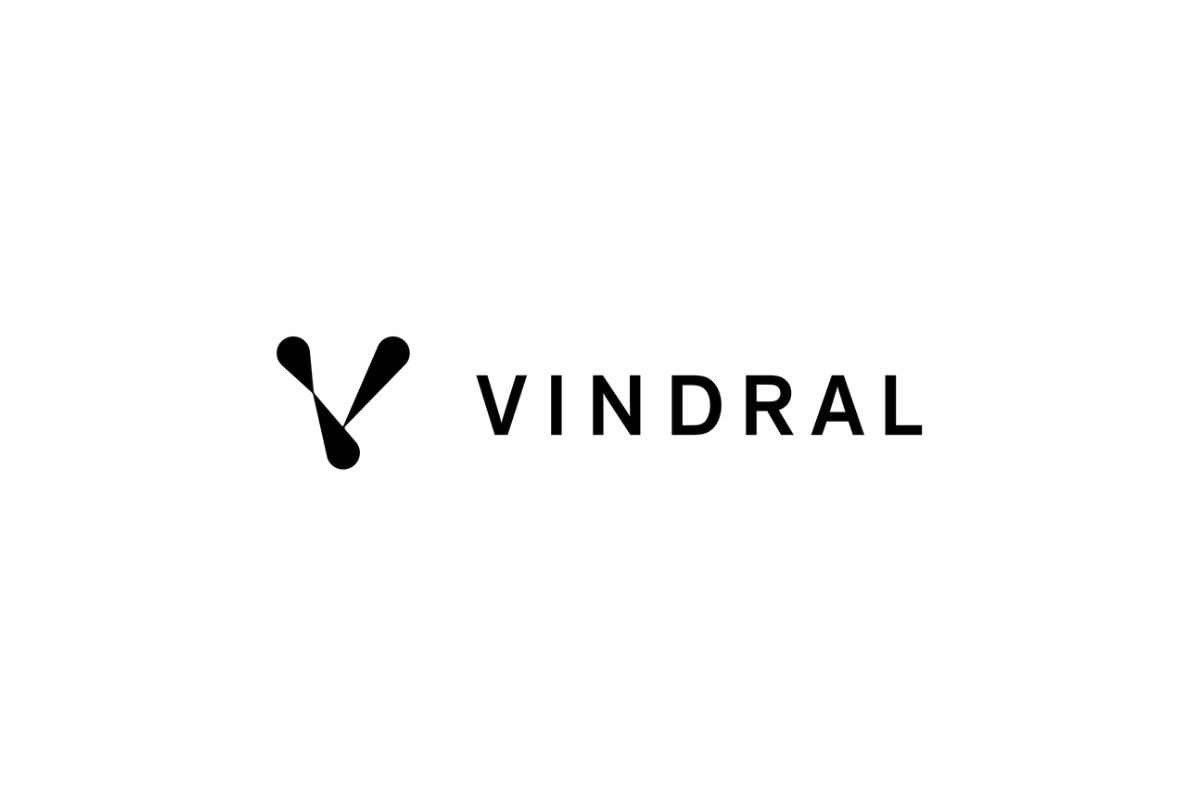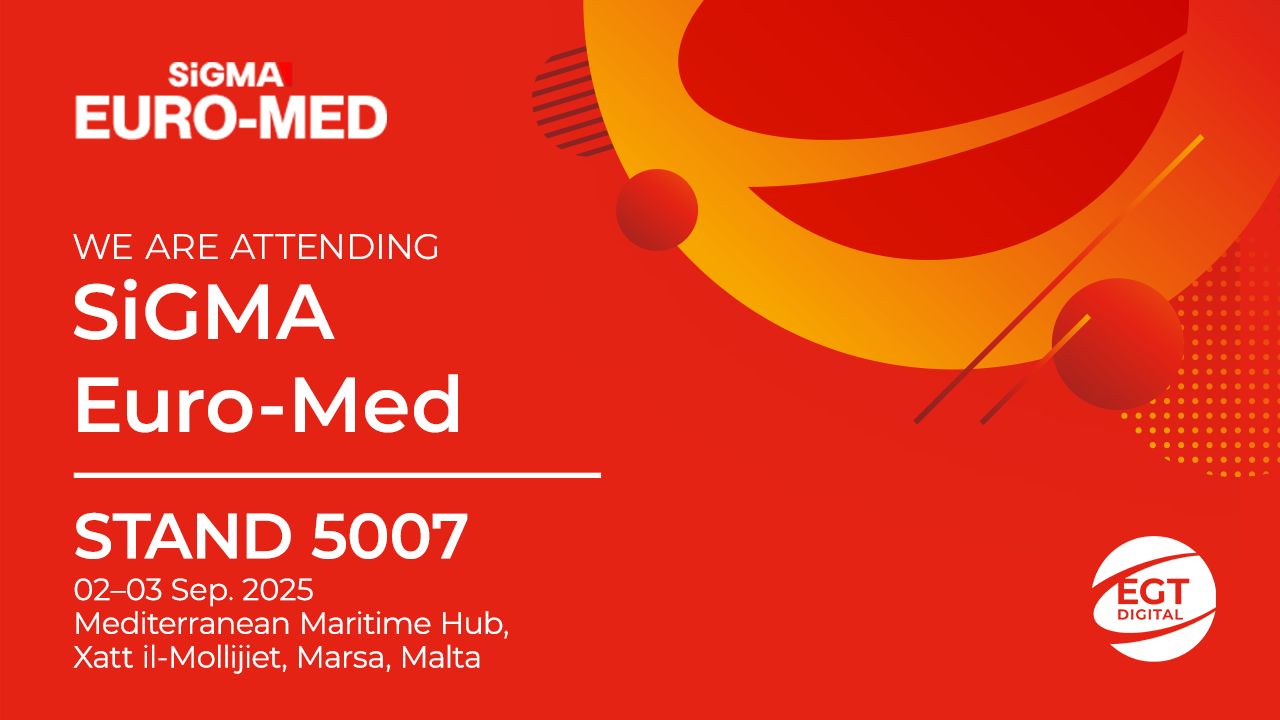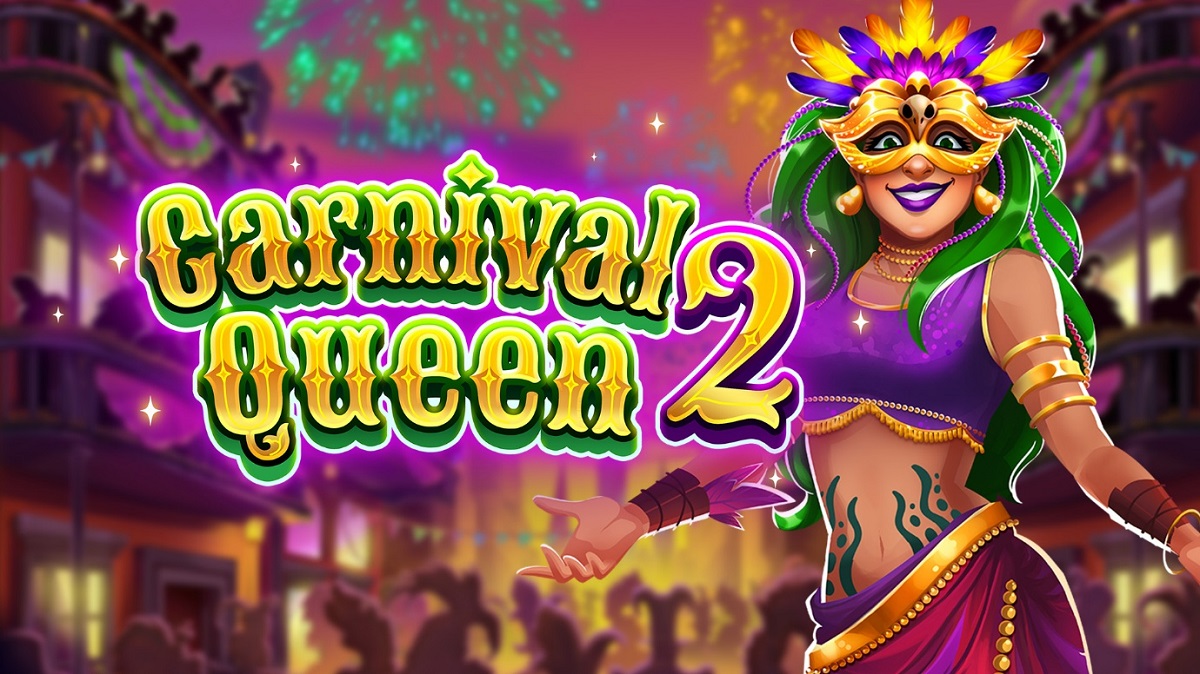Gaming
What Will the Uk’s Approach Be To Gambling if Scotland Decides To Become Independent?

The Gambling Commission regulates the UK gambling industry, an executive non-departmental public body sponsored by the Department for Digital, Culture, Media and Sport. The Gambling Act 2005, which is the primary legislation governing gambling in the UK, sets out a framework for licensing and regulating all forms of gambling, including online and remote gambling.
In addition to the Gambling Commission, several other bodies are responsible for regulating different aspects of the gambling industry, including local authorities, the Advertising Standards Authority, and the Financial Conduct Authority.
The potential impact of Scotland’s independence on gambling regulation is a complex issue that could have significant implications for both the Scottish and UK gambling industries. At present, Scotland operates under the same gambling laws and regulations as the rest of the UK, but if Scotland were to become independent, it would be free to establish its own regulatory framework for gambling.
This could potentially lead to significant changes in the way that gambling is regulated in Scotland, as well as impacting cross-border gambling between Scotland and the rest of the UK. Additionally, it could impact the Scottish gambling industry and economy and have wider implications for gambling-related harm reduction measures.
Overview of the current gambling landscape in Scotland
The regulation of gambling in Scotland is carried out by the Scottish Government and local authorities. The primary legislation governing gambling in Scotland is the Gambling Act 2005, which is enforced by the Gambling Commission. In addition to this, the Scottish Government has also developed its own specific policies and initiatives aimed at reducing gambling-related harm and promoting responsible gambling.
The Scottish gambling industry is diverse and encompasses a range of different sectors, including casinos, betting shops, online gambling platforms, and the national lottery. According to recent statistics, the gambling industry in Scotland generated a gross gambling yield of £1.7 billion in 2019-2020.
There are currently 362 licensed betting shops in Scotland, which employ around 4,000 people. In addition to this, there are several large casinos located in major Scottish cities such as Glasgow and Edinburgh, which employ around 1,000 people.
The gambling industry is an important contributor to the Scottish economy, both in terms of employment and tax revenue. However, there are also concerns about the potential negative impacts of gambling, such as gambling-related harm and addiction.
According to a recent report, around 0.7% of the Scottish population are problem gamblers, and a further 1.7% are considered at-risk gamblers. These figures are higher than the UK average, highlighting the need for robust gambling regulation and harm reduction measures.
In addition, there are concerns about the social impacts of gambling, such as its potential to contribute to poverty and inequality. Some research has suggested that gambling is more prevalent in deprived areas and that it can exacerbate existing social inequalities.
Overall, the Scottish gambling landscape is complex and multi-faceted, with a range of different stakeholders and perspectives involved. The potential impact of Scotland’s independence on gambling regulation is therefore an issue that will need to be carefully considered and managed.
Possible Scenarios for gambling regulation in an Independent Scotland
One possible scenario for gambling regulation in an independent Scotland would be for Scotland to adopt the existing UK gambling regulations. This would involve Scotland continuing to operate under the framework set out in the Gambling Act 2005 and other related legislation and continuing to be regulated by the Gambling Commission.
The advantages of this scenario would be that it would provide continuity and stability for the Scottish gambling industry, as well as ensuring a consistent approach to gambling regulation across the UK. It would also mean that Scottish gambling operators would continue to have access to the UK market, a significant revenue source for many Scottish companies.
However, there are also potential drawbacks to this scenario. For example, Scotland may wish to establish its own regulatory framework to reflect its specific needs and priorities better. Additionally, there may be concerns about Scotland being subject to UK gambling regulations over which it has no say or influence.
Another possible scenario for gambling regulation in an independent Scotland would be for Scotland to establish its own regulatory framework for gambling. This would involve the creation of new Scottish-specific legislation and regulatory bodies, aiming to better reflect Scotland’s specific needs and priorities.
The advantage of this scenario would be that it would allow Scotland to tailor its approach to gambling regulation to its own specific context and needs. It could also help to ensure that the Scottish gambling industry is more closely aligned with Scottish values and priorities, such as promoting responsible gambling and reducing gambling-related harm.
However, there are also potential drawbacks to this scenario. For example, there may be concerns about the costs and administrative burden associated with establishing a new regulatory framework. Additionally, there may be concerns about the potential impact of Scottish-specific regulations on cross-border gambling between Scotland and the rest of the UK.
The impact of different scenarios for gambling regulation in an independent Scotland on the Scottish gambling industry and the economy is likely to be complex and multi-faceted. It will depend on a range of factors, including the specific regulations and policies put in place, as well as wider economic and political factors.
In general, however, any significant changes to gambling regulation could likely positively and negatively impact the Scottish gambling industry and economy. For example, stricter regulations could reduce problem gambling and associated harm but could also reduce revenue for the industry.
Conversely, looser regulations could increase revenue for the industry but could also increase the risk of gambling-related harm and addiction. Overall, the challenge for an independent Scotland will be to strike the right balance between promoting a thriving gambling industry and protecting consumers from harm.
Considerations for cross-border gambling
If Scotland were to become independent, one of the key considerations for gambling regulation would be the potential impact on cross-border gambling between Scotland and the rest of the UK. At present, Scottish gambling operators are subject to the same regulations as operators in the rest of the UK and are able to operate freely in the UK market.
If Scotland were to establish its own regulatory framework, however, it is possible that this could lead to changes in how cross-border gambling operates. For example, it could create additional barriers or requirements for Scottish gambling operators to enter the UK market or vice versa. For example, you can see online UK casinos that currently support Scottish users if you click here, but this can change if Scotland leaves the UK.
It is also possible that an independent Scotland could seek to establish its own trade agreements with other countries or regions, which could have implications for cross-border gambling between Scotland and the rest of the UK.
Another consideration for cross-border gambling is the potential impact on online gambling platforms that operate in both Scotland and the UK. At present, many online gambling platforms are licensed by the Gambling Commission and are able to operate across the UK market, including in Scotland.
If Scotland were to establish its own regulatory framework, however, it is possible that this could lead to changes in how online gambling platforms are regulated. For example, it could create additional requirements or restrictions for platforms operating in Scotland.
This could potentially have implications for online gambling platforms that operate across both Scotland and the rest of the UK. For example, they may be required to obtain separate licenses or comply with different regulations in each jurisdiction.
Overall, the implications for cross-border gambling in the event of Scottish independence will depend on the Scottish government’s specific regulations and policies. However, it is clear that any significant changes to gambling regulation could have important implications for both the Scottish and UK gambling industries.
Implications for Gambling-Related Harm Reduction
The UK has one of the most robust systems of gambling regulation in the world, with a particular focus on harm reduction and consumer protection. The Gambling Commission, as the primary regulator of the industry, has a statutory duty to promote responsible gambling and reduce gambling-related harm.
In recent years, the UK has introduced a range of measures aimed at reducing gambling-related harm, including mandatory affordability checks, a ban on credit card gambling, and tighter restrictions on advertising and promotions. There is also a strong emphasis on research and data collection, with a range of bodies and organizations working to better understand the nature and extent of gambling-related harm in the UK.
If Scotland were to become independent, there is likely to be some impact on the approach to gambling-related harm reduction. At present, Scottish gambling operators are subject to the same regulations as operators in the rest of the UK and are therefore required to comply with the same harm reduction measures.
If Scotland were to establish its own regulatory framework, it is possible that this could lead to changes in the way that harm reduction is approached. For example, Scotland may wish to introduce its own specific measures or policies aimed at reducing gambling-related harm, such as different restrictions on advertising or promotions.
There is also the potential for Scotland to take a more proactive approach to harm reduction, building on the UK’s existing system. This could include the introduction of more stringent requirements for operators to collect and analyze data on gambling-related harm, or the development of new initiatives aimed at reducing the social and economic impacts of gambling.
Overall, the implications for gambling-related harm reduction in an independent Scotland will depend on the specific regulatory framework put in place. However, it is clear that there is a growing recognition of the need for robust harm reduction measures, and that this will be a key consideration for any future gambling regulation in Scotland.
Conclusion
The potential impact of Scottish independence on gambling regulation is a complex issue with significant implications for both the Scottish and UK gambling industries. Currently, Scotland is regulated by the same gambling laws and regulations as the rest of the UK, but if Scotland were to become independent, it would be free to establish its own regulatory framework for gambling.
Possible scenarios for gambling regulation in an independent Scotland include adopting existing UK regulations or creating new Scottish-specific regulations. The impact on cross-border gambling and harm reduction measures will depend on the specific regulatory framework put in place.
The potential outcomes and next steps for gambling regulation in an independent Scotland are difficult to predict. However, it is clear that any significant changes to gambling regulation could have important implications for both the Scottish and UK gambling industries.
It will be important for any future regulatory framework to strike the right balance between promoting a thriving gambling industry and protecting consumers from harm. This may involve adopting a proactive approach to harm reduction, building on the UK’s existing system and developing new initiatives aimed at reducing the social and economic impacts of gambling.
Overall, the potential impact of Scottish independence on gambling regulation is a complex and multifaceted issue that will require careful consideration and management by policymakers and industry stakeholders.
-

 Africa7 days ago
Africa7 days agoQTech Games wins Best Innovation of the Year at the 2025 SBWA+ Eventus Awards
-

 Asia7 days ago
Asia7 days agoNODWIN Gaming and JioStar Unveil OnePlus Android BGMS Season 4
-

 Latest News7 days ago
Latest News7 days agoCalema to Perform at Legends Charity Game in Lisbon
-

 Latest News7 days ago
Latest News7 days agoVindral appoints Henrik Fagerlund as Chairman of the Board
-

 Conferences in Europe7 days ago
Conferences in Europe7 days agoEGT Digital and EGT to rock the show at SiGMA Euro-Med 2025
-

 Latest News7 days ago
Latest News7 days agoPush Gaming redefines its portfolio, unveiling new game categories and sub-brand for extended player reach
-

 Affiliate Industry7 days ago
Affiliate Industry7 days agoNikita Lukanenoks Brings Slotsjudge Into Spotlight With Affiliate Leaders Awards 2025 Nomination
-

 Latest News7 days ago
Latest News7 days agoThunderkick returns for an even fierier fiesta in Carnival Queen 2




























